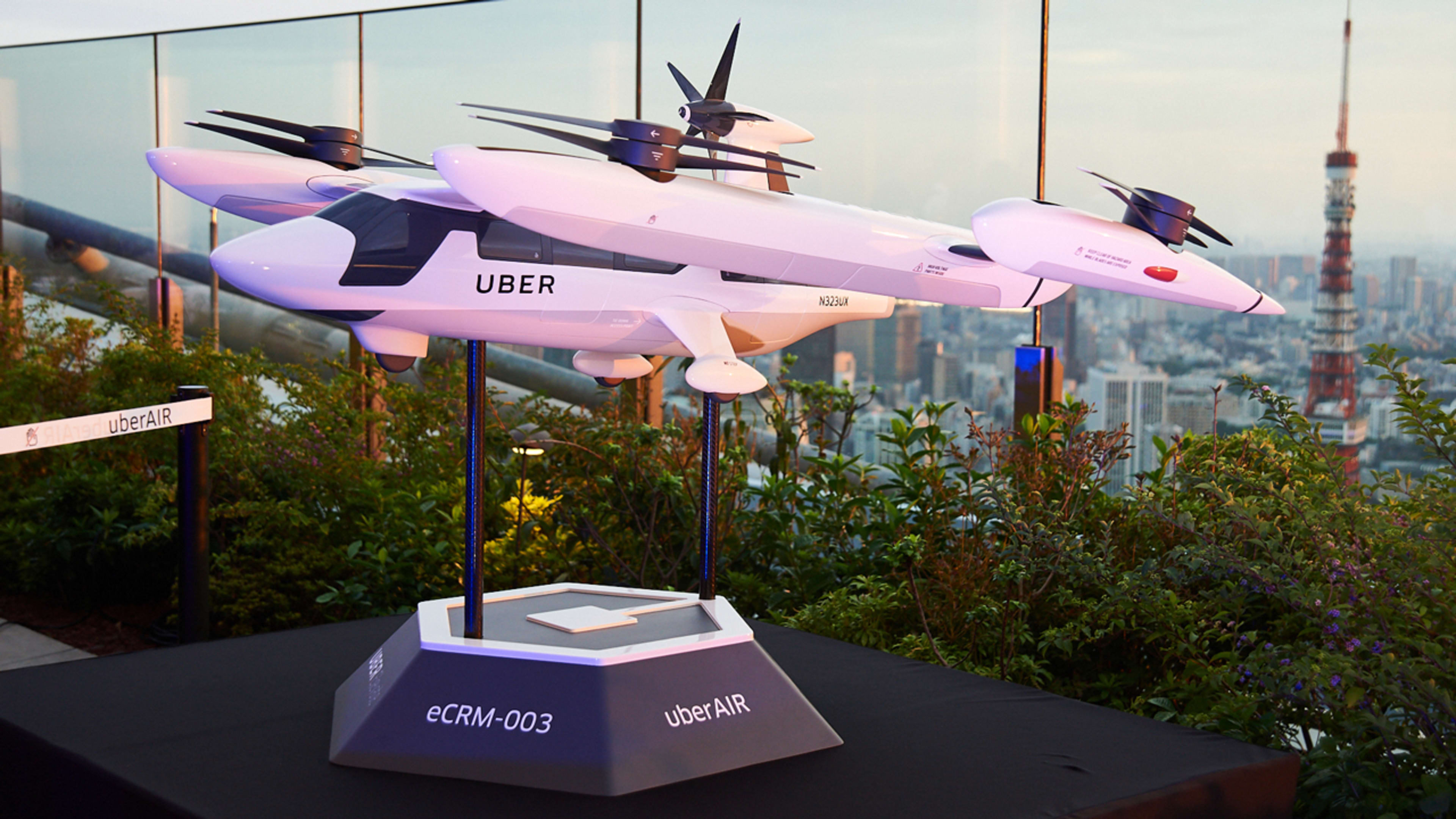The timing could not have been worse for Uber. Yesterday’s Manhattan helicopter crash—which killed the solo-flying pilot—came just five days after the company announced a helicopter shuttle to JFK airport and on the eve of it’s Elevate Summit, which lays out a plan for thousands of daily air taxi flights over American and international cities in the coming years. At least two prominent politicians have made the connection.
“Is that really necessary? Is that safe?” asked City Council Speaker Corey Johnson in an interview with the New York Post in which he referenced Uber Copter and Monday’s crash.
“I truly, deeply believe that non-essential flights should be banned from New York City,” said Rep. Carolyn Maloney, who represents the part of Manhattan where the fatal crash landing happened.
They definitely should be banned during the pea-soup fog and heavy rain that engulfed the city on Monday. And all the commercial operators seem to have voluntarily stopped their flights. Uber Copter is not scheduled to launch until July 9. But Blade, which operates helicopter shuttles to all three major New York-area airports, as well as the Hamptons, kept all its choppers on the ground due to the poor visibility. Blade contracts with third-party operators (as Uber Copter will), and they all seem to have preemptively grounded operations.
The much-maligned tourist flights, which leave from the same lower Manhattan heliport that Uber Copter will, were also grounded. “We didn’t have any flights today due to the weather,” the facility told me on Monday.
So who crashed that afternoon? In essence: An ostensibly reckless private pilot subject to less strict safety regulations than a commercial passenger carrier. (For the nerds out there: The private owner of the helicopter was covered under FAA regulations called part 91, whereas passenger carriers are under the stricter part 135.) What’s more, he was flying in a verboten area of the city—just a few blocks from Trump Tower. A highly regulated professional pilot would have known better.
Monday’s crash offers a different kind of cautionary tale for Uber Chopper, Blade, and any aspiring air taxi providers. Bad weather can ground their services at any time. So a helicopter is not a 100% reliable substitute for a car or train, and may not be the deus ex machina for travelers who are running late for their airline flight.
That’s not to say there will never be commercial helicopter crashes. In May, a copter run by one of Blade’s operators, Zip Aviation, caught a crosswind over the Hudson River and came down dramatically for what Blade’s CEO Rob Wiesenthal describes as an “emergency landing,” but anyone who saw it called a crash. That said, no passengers were aboard, and the pilot was not injuried. (A National Transportation Safety Board report confirms the copter landed upright on its flotation pontoons.)”
In March 2018 a tourist helicopter crashed into the Hudson, killing five people—and prompting safety reforms.
But in contrast, New York City experienced 200 traffic fatalities in 2018—which was considered progress compared to the 222 deaths the year before and the staggering 299 lives lost in 2013.
Like cars and trains, aircraft will crash, and every accident is an opportunity to make reforms. But the out-of-bounds recklessness of a private pilot is not an analogy for what can happen with regulated commercial passenger services.
This article has been updated with information from the National Transportation Safety Board.
Recognize your brand’s excellence by applying to this year’s Brands That Matter Awards before the early-rate deadline, May 3.
